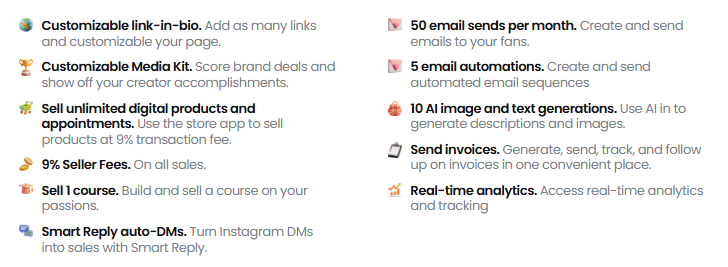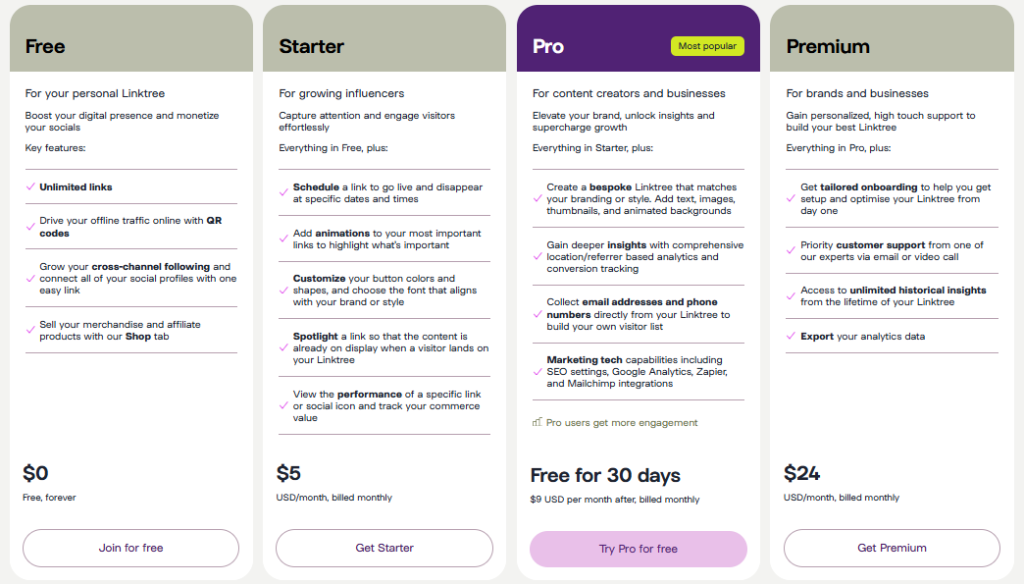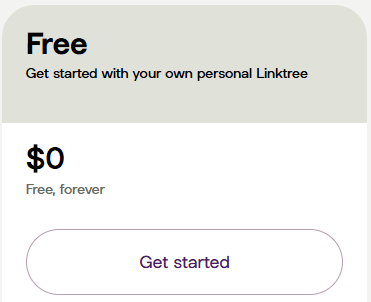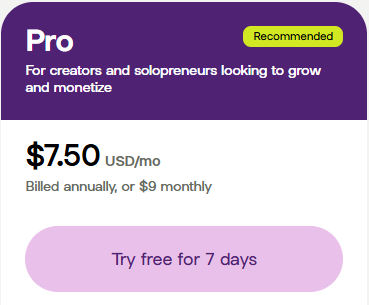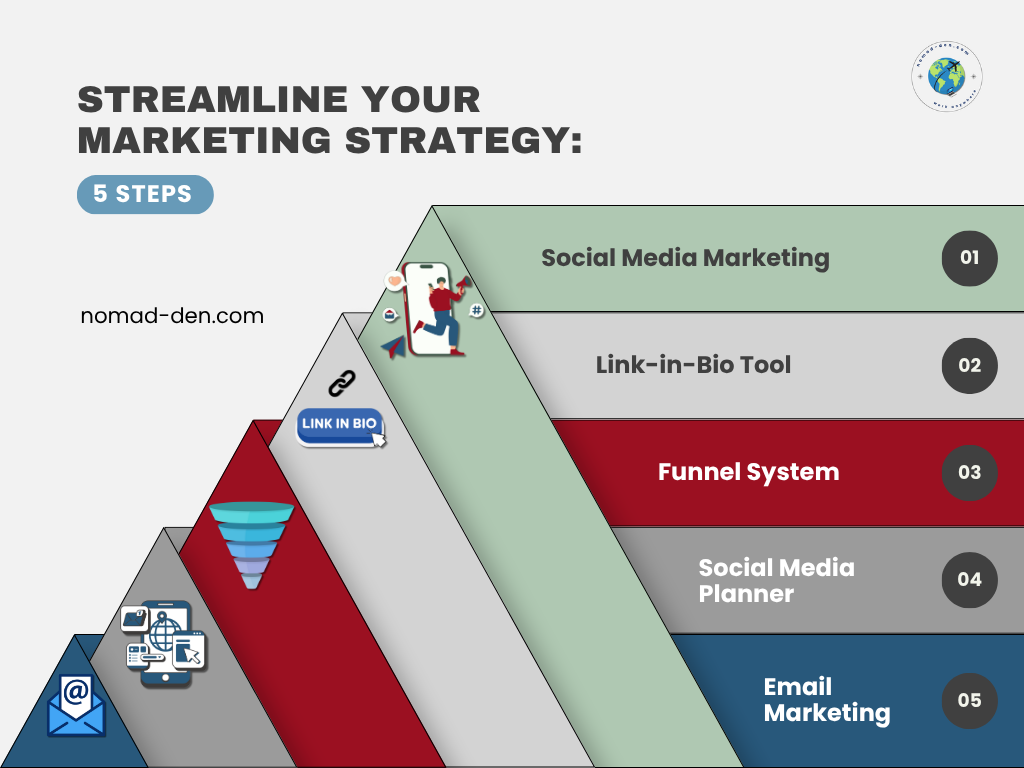
Affiliate Disclosure: This post contains affiliate links. If you click on these links and make a purchase, I may earn a commission at no additional cost to you. I only recommend products or services I genuinely believe in and that I believe will add value to my readers. Thank you for your support!
Did you know you can start affiliate marketing today, without spending a dime on a website? While it is a recommended step when building an online business such as affiliate marketing, it is not required. There are many tools that offer alternatives, helping you achieve the same—or even better—results than having a dedicated website. A lot of that success depends on your efforts and strategies that you implement and help you stand apart from the competition.
With so much conflicting advice out there, it’s easy to feel overwhelmed—especially when you’re just getting started. Many people end up investing in tools they don’t actually need. If you’ve been searching for how to start affiliate marketing with no money, this guide will help you cut through the noise. You don’t need a website, expensive software, or tech skills—just a smart strategy and the right tools.
Part of our mission is paving the way with actionable, evergreen insights into the technologies and tools that will help you invest wisely and build your personal business and brand online so that you can more easily navigate those roadblocks. Within this post, we’ll uncover strategies for affiliate marketing without a website, based on current trends.
What is Affiliate Marketing?
Affiliate marketing is a performance-based business model where you earn commissions by promoting products or services for established brands and companies. To earn a commission, potential customers must click your affiliate link and complete a purchase within a set time frame, often called a tracking period.
With affiliate marketing, you don’t need to carry inventory, manage customer service, or handle product delivery. Instead, your focus is on promotion, making it an appealing way to earn income online without the overhead of traditional business ownership.
Alternatives to traditional websites include social media platforms, email marketing, and link-in-bio tools, which can prove highly effective for your affiliate link promotion campaigns.
Want to build a strong foundation first? Read my guide to the core principles of affiliate marketing: Affiliate Marketing Fundamentals: Your Road to Success
Why Start Affiliate Marketing Without a Website?
One of the best and most popular affiliate marketing strategies without a website is using what is commonly known as a Link-in-Bio tool. By using one of these tools, there would be no need to invest in a domain or web hosting. While this is typically an affordable investment for an online business foundation, skipping it allows you to keep that money in your pocket.
Additional savings come in the form of time. You’ve probably heard the saying, “time is money,” and that holds true here. With a Link-in-Bio tool, you can get your business up and running faster, avoiding the technical verification process that comes with owning a domain and website. Saving that time can pave a quicker path to income, depending on your actions.
Social media is free and a powerful tool for driving traffic to your offers. A link in the bio of your social media profiles enables you to start monetizing your traffic, connect with your audience, and build a loyal customer base. Email marketing is another vital part of this journey. While not required, leaving it out would be a huge missed opportunity for your business.
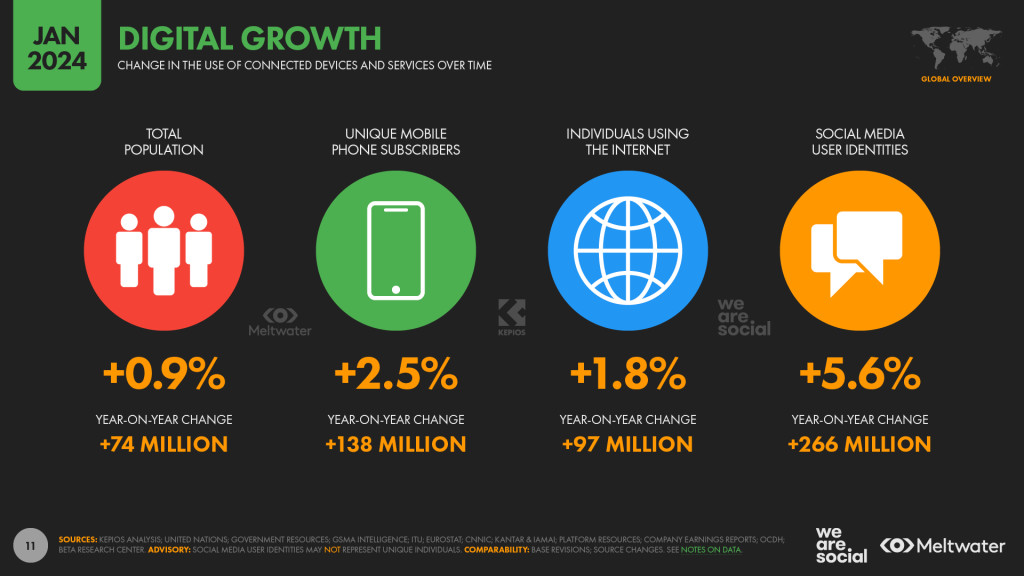
Source: DataReportal, “Digital 2024 Global Overview Report.”
Link-in-Bio Tools
Link-in-bio tools are among the most effective and most popular tools in digital marketing today. The reason for this is simple: typically, social social media platforms—most notably Instagram and TikTok, only allow you to include one link in the bio of your account – this is, of course, where the nomenclature of “Link-in-Bio” comes from.
Effectively, these tools enable you to create a micro-website or storefront accessible via a single link. From there, you can showcase your offerings and provide additional information that appeals to your audience. Each item can be separately linked within your storefront, driving traffic anywhere you choose (as long as you abide by the platform’s terms of service).
There are many link-in-bio tools available today. This approach to affiliate marketing for beginners free of complicated tech setup is exactly what most people need. Here are three standout options designed to help you maximize your affiliate marketing efforts.
Stan.store
Stan.store is a popular tool for affiliate marketers looking to create a centralized hub for their offerings. With its drag-and-drop interface and beginner-friendly design, you can quickly set up a professional storefront to showcase your affiliate products, services, and other digital content. Additionally, here are some of its key features:
- Showcase Micro-Courses (Length is Limited)
- Host Your Own Digital Products
- Connect With Your Audience Via Webinars
- Build-In Funnel System to Maximize Conversions
- Integrations with Trusted Payment Systems
Whether you’re starting from scratch or scaling your offers, Stan.store gives you the structure to stay focused on what matters most—serving your audience and building income on your terms. Start today with their 14-day free trial!
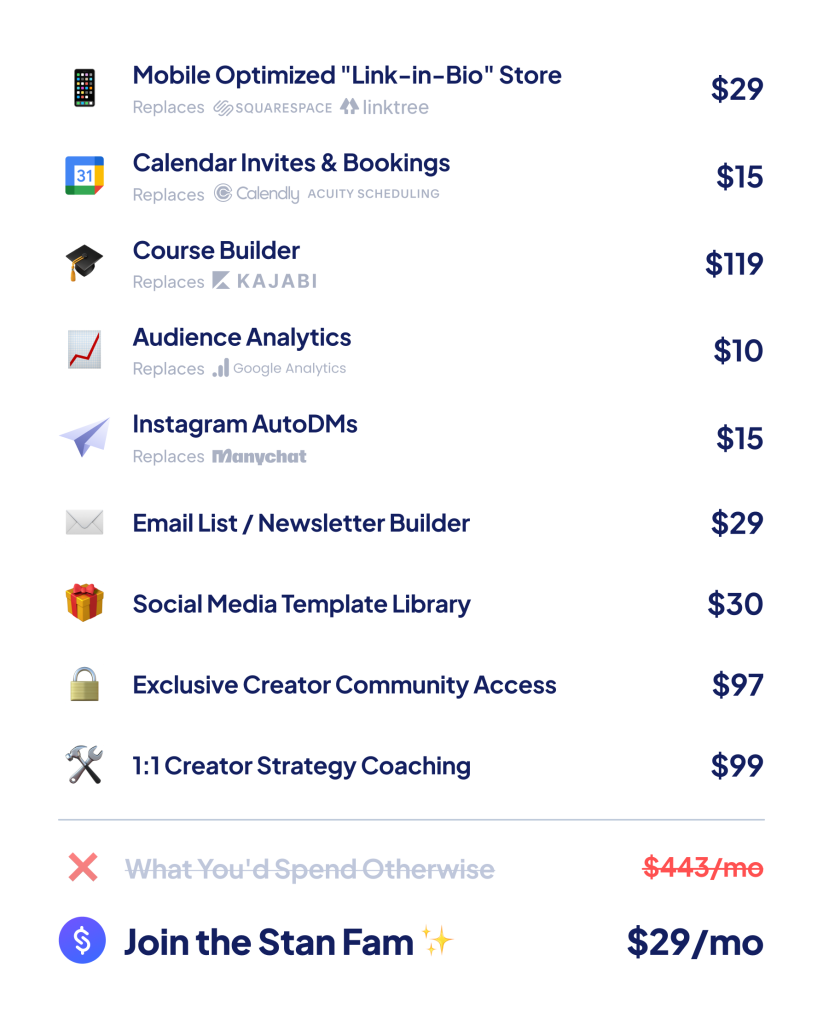
Beacons.ai
Another powerful Link-in-Bio tools, Beacons gives affiliate marketers everything they need to get started — without the need for a website. With customizable pages, integrated lead forms, and built-in tools for monetization, it’s especially useful for promoting affiliate offers directly through social media. Beacons also offers competitive pricing and user-friendly setup, making it ideal for beginners.
- Easy-to-Use Link-in-Bio Builder
- Email Signups & Form Integration
- Digital Product Sales & Services
- Social Media Analytics & Insights
- Built-In Media Kit for Brand Collabs
- Referral Program with Optional Commissions
Beacons.ai offers a free forever plan, giving you plenty of time to explore its tools and compare it to other popular link-in-bio platforms—without the pressure of a trial. Sign up for Beacons.ai today—no credit card required!
Systeme.io
Systeme.io is included as an additional option, even though it is not strictly a Link-in-Bio tool. Designed as an all-in-one digital marketing suite, it offers a range of features tailored to beginners to affiliate marketing as well. This platform simplifies the process of promoting and selling affiliate products. One standout feature is its ability to create customized funnels, including a Link-in-Bio funnel template. The following are among the many features available on this platform:
- Custom Funnels
- Email Marketing
- Online Course Hosting
- Affiliate Program Management
- E-Commerce Tools
- Membership Sites
- Webinar Hosting
- Automation Rules
- Analytics Dashboard
As an alternative to a Link-in-Bio tool, Systeme.io offers a funnel with similar functionality. While its features and customization options are more limited in this specific area, the platform’s broader focus provides far more tools for those pursuing other aspects of online marketing. What truly sets Systeme.io apart is its completely FREE plan, available with no obligation or time limit to upgrade.
Start building your business with Systeme.io’s forever-free “fremium” plan—no time limit, no pressure.

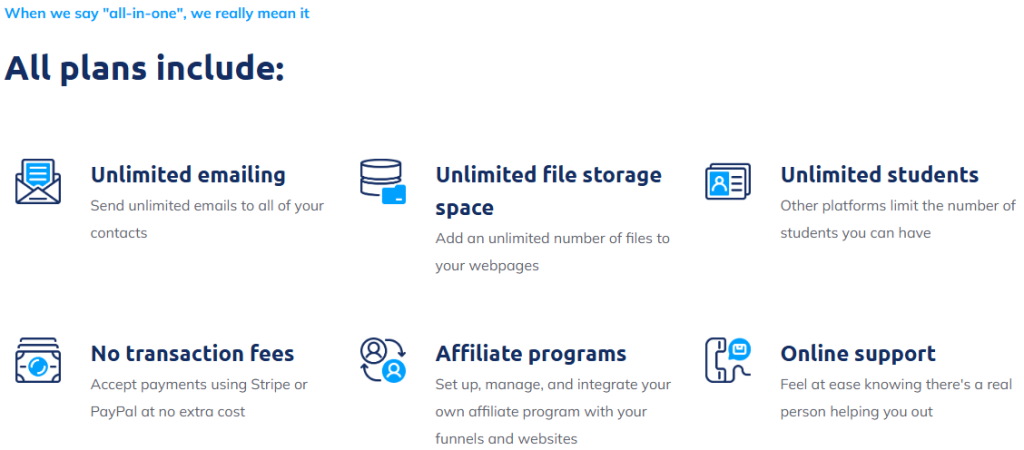
Linktree
Linktree earns an honorable mention as the original Link-in-Bio tool, launched in 2016 by Alex and Anthony Zaccaria with Nick Humphreys. Pioneering the use of social media to seamlessly connect users with businesses and audiences, Linktree remains a leading platform with over 50 million global users. Known for its affordability, Linktree offers four flexible plans, starting with a free option—no trial required. Upgrades are cost-effective, with the Pro plan at just $9/month, making it an excellent choice for boosting your online connectivity.
- Unlimited Links
- QR Codes
- Analytics Tracking
- Customizable Buttons
- Email Collection
No Website Strategies for Affiliate Marketing
This section could easily expand into a future post in itself, but for now, we’ll keep it concise and actionable. Social media continues to dominate the internet, offering a wealth of quality content alongside the inevitable criticism. It’s a space where people can learn, laugh, smile, or even shed a tear.
No matter your niche or topic, consistently sharing engaging, value-driven content is an evergreen strategy that yields positive results. By aligning your content with a specific subject, you not only hold viewers’ attention but also nurture trust, encourage deeper engagement, and guide them toward becoming loyal followers.
Many tools can help you create and edit quality content, including Canva. Start with a free account to hone your skills, and upgrade to the affordable Pro plan for access to thousands of templates.
Social Media Planning and Organization
An important step in streamlining your digital marketing processes with social media is establishing a consistent routine that you can stick to. The more consistent your content, the more dependable your brand becomes, helping your audience know when to expect your posts. This consistency builds a loyal following that will eventually drive conversions and strengthen your brand over time.
When it comes to the management of your social media accounts, having a tool to help maintain that schedule is crucial for increasing exposure and building brand recognition in the marketplace.
The best tool I personally recommend to handle your social media management is SocialPilot. Highly rated by users on G2 for its user-friendly design, this is the best tool to organize and plan your social media schedule effectively. Start now with your 14-day FREE trail!
Social Media Platform Alternatives
In today’s shifting social media landscape, emerging platforms like Bluesky, Lemon8, and Clapper, are creating fresh opportunities for entrepreneurs. These platforms offer alternatives to established options, making them ideal for those looking to connect with audiences in innovative and less-saturated spaces.
Bluesky
Bluesky is a direct competitor to X (formerly Twitter), offering a nearly identical user experience and design. Created by Twitter’s co-founder Jack Dorsey, Bluesky is an open source project that aims to be a decentralized alternative for users seeking a platform that better aligns with their needs in today’s shifting social media landscape.
Lemon8
Backed by TikTok’s parent company, Lemon8 blends elements of Pinterest and Instagram with a more aesthetic, blog-style layout. Great for visually-driven creators who enjoy micro-blogging or lifestyle content. Creators can also tag products, prices, and links, making it a potential platform for e-commerce.
Clapper
Following the brief TikTok ban in early 2025, Clapper—designed for an older demographic (35–55)—gained momentum as a direct competitor. It centers on community-building and lets creators monetize through memberships, product sales, and virtual gifts during livestreams.
Other emerging platforms—like Neptune, ThreeFive, SkylightSocial, and Spark—are also gaining traction and may be covered in a future post as they develop.
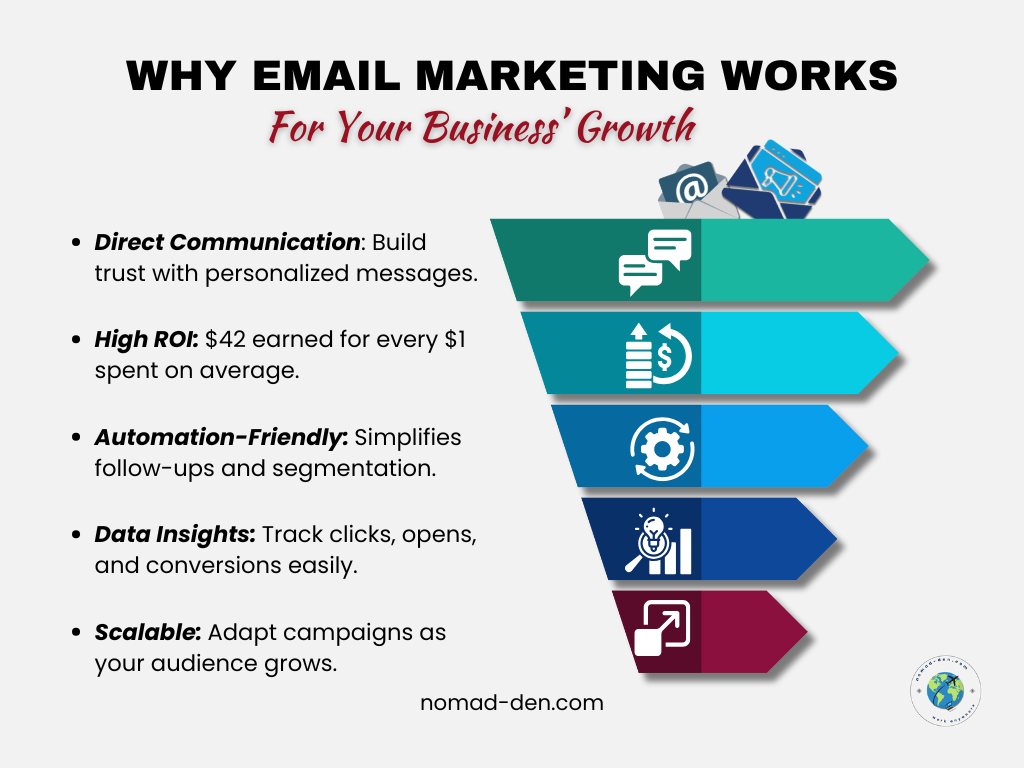
Email Marketing Without a Website
With all of these Link-in-Bio tools mentioned, you also have the ability to capture email address as potential leads, leading to customers. Email marketing is one of the best investments any business can make to build their brand, foster loyalty, build communication and trust with your audience. Automation tools like segmentation and workflows help to target your audience more surgically, increasing conversions within your business.
As you can see from the screenshots provided above, Stan.store, Beacons,ai, and Systeme.io each offer their own internal email capabilities — including broadcasts, newsletters, and automations. Linktree is the one exception. While you can collect emails with Linktree, you’d need to integrate with an external email provider to send campaigns.
Not sure what integrations are? Check out our Glossary for a quick explanation.
For a deeper dive into email marketing and how it benefits your business needs, check out our previous post: Email Essentials, where we compare three top platforms.
Custom Domains and Email Authentication
An essential step in email marketing is sending emails from a custom domain (e.g., yourname@yourbusiness.com) rather than personal email providers like Gmail or Yahoo. Not only does this build credibility with your audience, but it’s now a requirement for email authentication under DKIM (DomainKeys Identified Mail) and SPF protocols, ensuring your emails are delivered effectively and stay out of spam folders.
Fortunately, purchasing a domain is both low-cost and simple—domains can be registered for as little as $10-15/year through providers like A2 Hosting. As a bonus, you don’t need a website to do this; you can use your domain exclusively for email campaigns. Investing in a custom domain is a small yet impactful step toward building a professional brand and improving your email marketing success.
Need a domain for your emails? Grab reliable hosting from Hosting.com and start building trust with every message.
Conclusion
Affiliate marketing without a website is not only possible—it’s effective when approached with the right tools and strategies. By leveraging social media platforms with consistent planning and valuable, quality content, there are countless opportunities to reach your audience and build a thriving business.
Consistency is key to success: by staying active, engaged, and adaptive to the evolving digital marketing landscape, you can set yourself apart from the competition. Whether you’re connecting with your audience on TikTok, leveraging Reddit for niche communities, or streamlining your campaigns with SocialPilot, the possibilities are endless.
Take the first step today by exploring one of the tools or strategies discussed in this post. Whether you’re on a shoestring budget or testing the waters, now you know how to start affiliate marketing with no money—the right way. Remember, you don’t need a website to succeed in affiliate marketing—you just need the right approach and the commitment to see it through.
Continue Reading Related Posts
- Top Free Affiliate Marketing Programs for Beginners – Start earning commissions with zero upfront investment. This list highlights beginner-friendly programs that are easy to join and perfect for growing without a website.
- Escape the 9–5: Build a Successful Online Business Today – Discover how to break free from the traditional grind and build a sustainable online business using practical tools and proven strategies—no experience required.
- Funnels 101: A Brief History and Evolution – Learn how online sales funnels developed, how they tie into email marketing, and why they’re still powerful tools for business growth.


